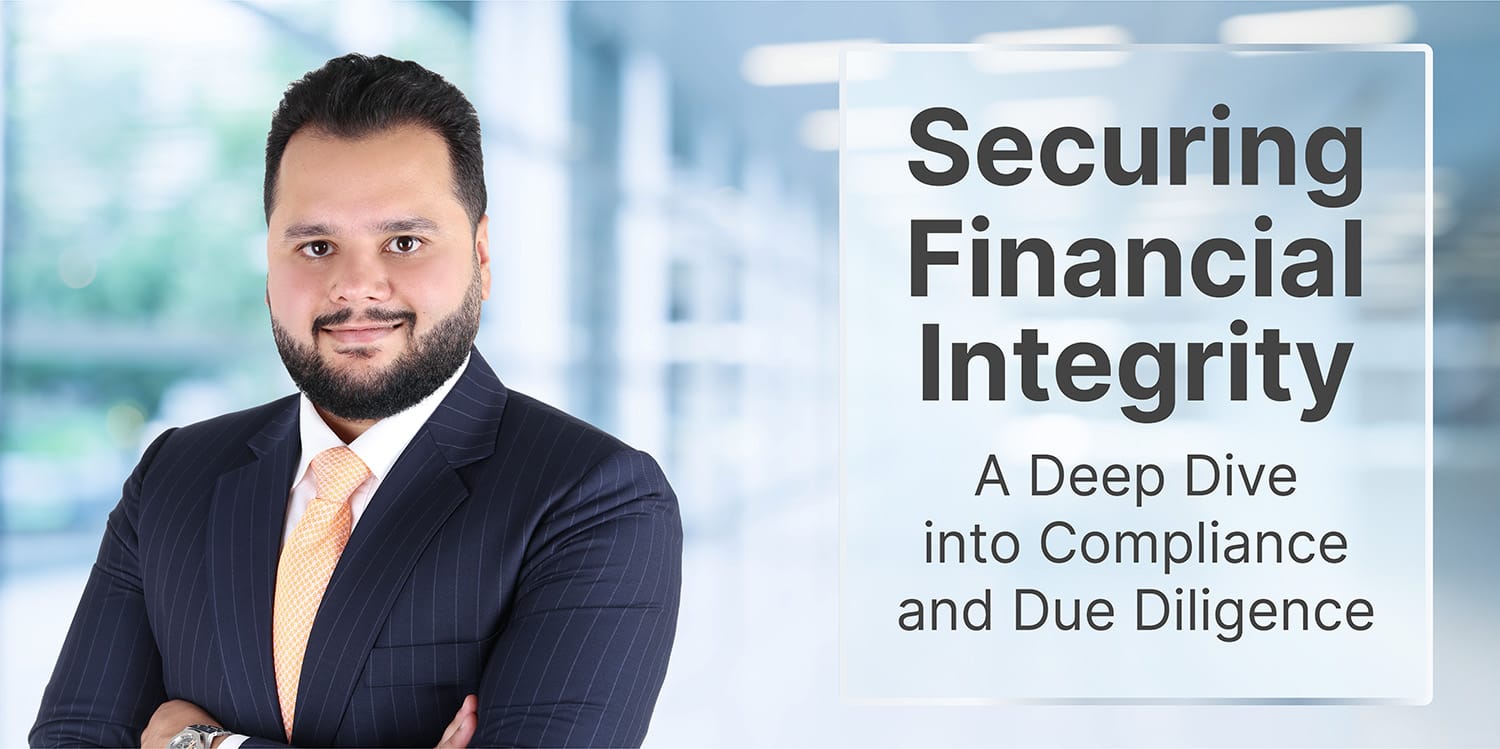In the interconnected world of finance, compliance and due diligence are not just legal requirements but also critical components in safeguarding the integrity of financial transactions. This is particularly important when it comes to identifying the ultimate beneficial owner (UBO) and ensuring there is no association with money laundering or terrorist financing. As the CEO of InsuranceMarket.ae, I can’t emphasise enough the necessity of obtaining accurate customer information, including proof of income and source of income in extreme cases, and providing these documents to the compliance team for verification.
A crucial aspect of this process is the concept of “tipping off”. It is of utmost importance that clients are not made aware of any ongoing investigations, as per regulations. This means that even partner insurance companies should not be informed about matches or any raised concerns that necessitate enhanced due diligence or further investigations.
Understanding the “Ultimate Beneficial Owner”
The term “ultimate beneficial owner” refers to the private individual who ultimately owns or controls a customer or a natural person on whose behalf a transaction is being conducted. Ascertain the UBO is not just a legal obligation but a crucial step in preventing financial crimes. If a match is found on the sanction list or the United Nations sanctions list, the organisation is mandated to freeze the funds and not proceed with the transaction.
Role of the Compliance Committee
The compliance committee, composed of top management, plays a pivotal role in this process. It is responsible for reviewing each case on its merits and deciding the appropriate action. Reporting to competent authorities is mandatory for any match on any sanction list, and this is done in the form of Suspicious Transaction Reports (STRs) or Suspicious Activity Reports (SARs). These reports are submitted through the OML platform to the Financial Intelligence Unit (FIU), which acknowledges receipt and provides further documentation.
Importance of Employee Training and Documentation
For any audit to take place, it could involve the authorities having random interactions with employees. Therefore, it is crucial for everyone to understand the terminology and compliance requirements thoroughly. The authorities always emphasise the need to document all communications with customers and maintain clear and proper records of all transactions.
A Call for Vigilance and Compliance
The responsibility of financial institutions and their employees to be vigilant and compliant with all regulations to prevent money laundering and terrorist financing cannot be overstated. This is not only important for the business but also for the community and the country as a whole. The government has put these laws in place to ensure financial institutions support the identification and prevention of any suspicious activities, thereby contributing to the country’s safety.
A Brighter Future Ahead
Overall, compliance and due diligence play an important role in the operations of financial institutions and the broader effort to combat money laundering and terrorist financing. By adhering to these principles, we can not only protect our businesses but also contribute to a safer and more secure financial environment for all.
I would like to express my gratitude to the authorities for their efforts in addressing the challenges faced by the industry. Despite the challenges, the current situation presents opportunities for us to strengthen our compliance mechanisms and build a robust framework for the future.
I am excited and optimistic about the future, as we continue to invest in technology, ethical business practices, and customer-centric services to differentiate from the competition, raising industry standards and consumer confidence. Together, we can build a brighter and more secure future for all.







